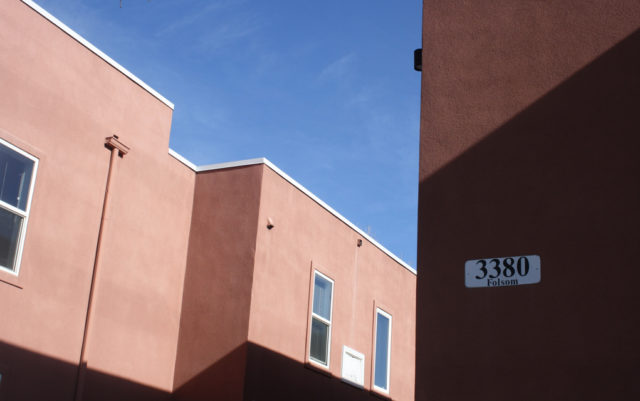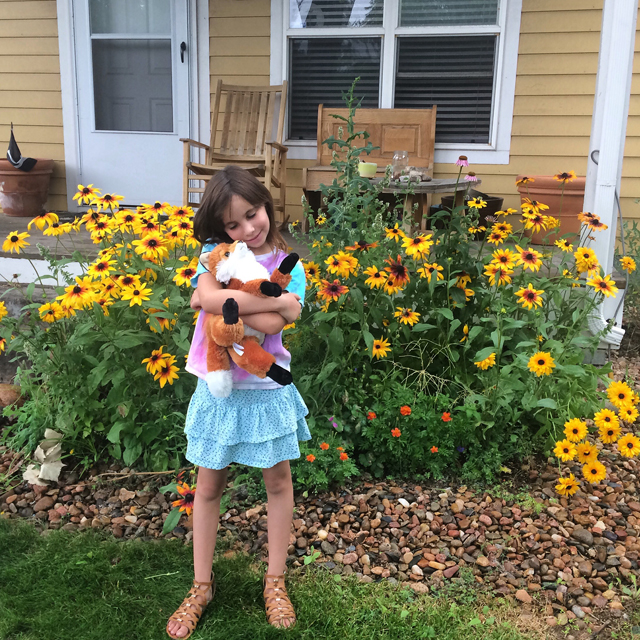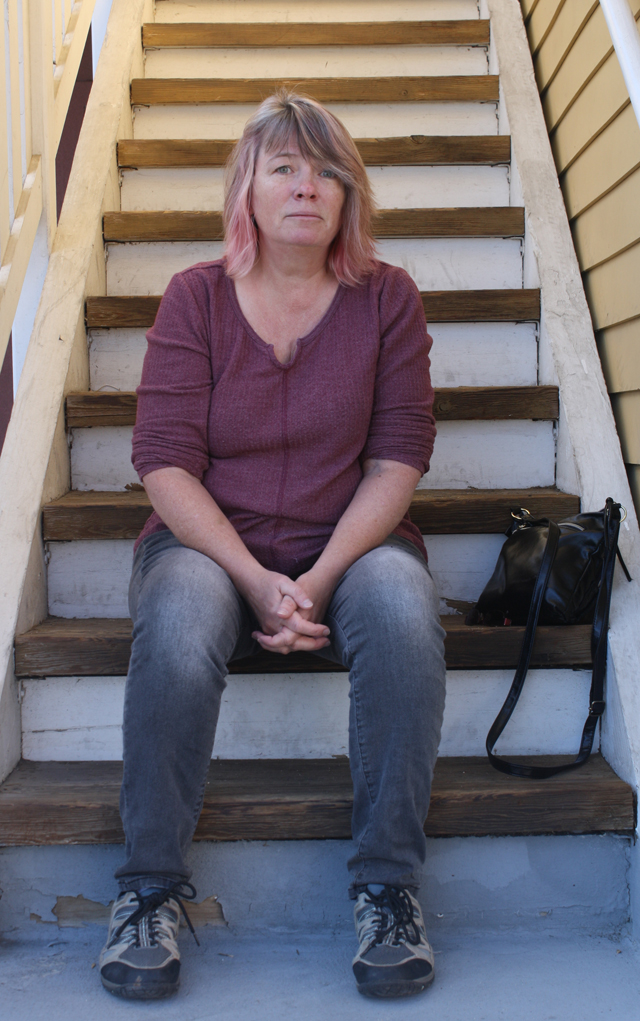
When Adam Perry got home one afternoon in August, he had a notice on the door from his homeowners’ association (HOA) announcing the roofs around the Iris Hollow condominium complex were in dire need of repair. The notice said, “there’s a special assessment coming and it’s going to substantially increase your dues,” Perry recalls. “I completely freaked out.” He bought the place in 2014 through the City of Boulder’s Permanently Affordable (PA) Home Program, and this was the second time he was being hit with a special assessment. The first was in 2017, for the outdoor, uncovered stairs; now the roof. Next, he’d heard, the stucco, and then repaving the parking lot.
“The people who own condos at Iris Hollow who bought in through this program are suffering right now,” Perry says. “It’s not called the permanently affordable mortgage program, it’s called the permanently affordable home ownership program.”
One of his neighbors, he says, is simply unable to pay the HOA fees and there is a lien on their home. Another one is trying to sell and get out of the program but is worried they won’t be able to with both the current and upcoming assessments.
“I thought this would be the next best thing, but it’s a black hole,” PA owner Amy Gahran says. Her current HOA payments almost equal her monthly mortgage. For Perry, it’s more than his mortgage. When he bought the home, he thought he was committing his family (including daughter Sidney, now in the third grade) to an $820 monthly mortgage payment, and monthly HOA fees of $350. Over the years, the fee increased to $420. Then came the assessments.
“My monthly HOA right now is $844, and starting in March, it’s going to be just under $1,200. That’s insane,” Perry says. “I don’t think any reasonable person would call that affordable.”
As a matter of comparison, Perry is currently paying a combined monthly payment equal to that of a mortgage on a $480,000 home on the open market.

Unfortunately, this problem isn’t new.
Back in 2010 Boulder City Council created the Affordable Housing Task Force (AHTF), which spent 14 months reviewing affordable housing programs in Boulder, and laid out a list of recommendations to further resolve affordability issues and hopefully increase affordable housing opportunities in the city. HOA fees were one of the eight topics, including inclusionary housing, mobile homes, and housing for seniors and students, that the AHTF explored in its report, which stated, “Rising HOA fees can present a challenge for owners of affordable homes, and can jeopardize a home’s long-term affordability. Consequently, the city has a role in exploring ways to potentially mitigate these costs for affordable buyers.”
As recommended by the report, the City does offer HOA education prior to purchasing a home through the program and encourages PA owners to get involved in their HOA budgeting process as part of the board. It also hosts a bi-annual HOA group through the neighborhood liaisons for PA owners to bring concerns and ask experts questions.
“I remember them saying that if anything happens outside of your home, it’s going to be covered by the HOA,” Perry says of the HOA education he received. “It’s not like anybody let us know when we bought there’s probably going to be literally hundreds of thousands of dollars in repairs that need to happen in the next few years.”
The report also lists a series of recommendations to help mitigate the effects of rising HOA fees on PA owners. At the time, ideas included capping HOA fees for affordable units, a City-funded cash grant for capital projects or a City-funded no-interest loan program for PA owners to cover HOA fees, among others. As of yet, Perry, Gahran and others at Iris Hollow aren’t being offered any relief by the City. And when Perry reached out to the Boulder City Council and Department of Housing and Human Services, which runs the PA program, it took months to get a response, he says. He’s still not sure if the City can or will do anything to help.
“What happens when you buy a quote ‘permanently affordable’ home and then it’s not affordable anymore?” Perry asks. “How can the City just wash their hands of that and say, ‘Well, you bought the place.’”
Kurt Firnhaber, director of Housing and Human Services, says that a number of things from the 2011 report have been addressed, such as an update to the inclusionary housing ordinance, completed in 2017, as well as an update to the accessory dwelling unit ordinance, which the City has been working on for almost two years and will have its final reading on in front of the Council in December.
“Those were the things that were prioritized,” he says, although he’s heard the issue of HOA affordability raised periodically since he started working for the City two and a half years ago. And while the City has no regulatory authority over HOAs (that falls under state jurisdiction), Firnhaber says, that doesn’t mean rising HOA costs aren’t a problem for PA owners.
“As staff, we still think it’s something that is important that needs to be addressed,” he says. “However, we don’t know if we have an answer to fix it yet, but it is certainly something we are interested in pursuing.”
At this point, he says, the plan is to put the issue on his department’s internal work plan, and then involve the City Council further down the line, once they have a clearer understanding of how widespread the issue is.
“I think that what we want to do is take a wider look [at the question]: are there other affordable homeowners in other HOAs where they have a similar problem? We need to understand how big this problem is and what the scope of it is. And how it actually is impacting [PA owners] financially.”

According to the City, the lion’s share of units in the PA ownership program are condominiums, with associated HOA fees. Iris Hollow has a total of 81 housing units, 50 of which are in the middle- and low-income PA program which are represented by several HOAs. There are 28 units in Perry and Gahran’s HOA, about 30 percent of which are in the PA program, according to Gahran who was on the HOA board until May.
Some of the Iris Hollow residents in the PA program are scheduled to meet with Firnhaber and other members of the Housing and Human Services Department to discuss options, if there are any, next week. And on Tuesday, Nov. 20, Perry and Gahran met with Mayor Pro Tem Aaron Brockett to discuss the HOA issues at Iris Hollow. “It is definitely a problem,” Brockett says. “The solution is less clear. … I’m not sure at this point what the options are.”
After talking with residents, Brockett says he will continue working with the housing department on the issue, however is appropriate for the City.
“One thing I want to look into for example, is I know that there are state laws that govern how HOAs have to behave and the kind of information they have to distribute, and I want to make sure the HOA involved is following all the rules to start. But that’s not going to solve the financial issues.”
Firnhaber says the City has contacted the Iris Hollow HOA to begin gathering information like financials, but has yet to come to any conclusions about what’s going on. The Iris Hollow Board provided a statement to BW that reads: “To address critical maintenance needs in the community, the board proposed, and the residents approved, a special assessment. The Board has also proposed for action at the annual board meeting on Nov. 28 a small monthly dues increase for the first time in over three years to keep up with the rate of inflation and to ensure we are in sound financial shape.”
All of which means PA owners, like Perry and Gahran, have little chance of their HOA costs going down anytime soon. Their only hope is that the City steps in to help in some way, or they might have to leave.
“I’m 52, I was hoping when I bought here, I would be set. And the next thing coming out of my place in a box is me,” says Gahran, who hopes to sell her unit and move to a new development in Longmont.
“Frankly, I’m expecting I’m going to have to eat this,” she says. “I just hope I get out in time before more assessments get levied.”














